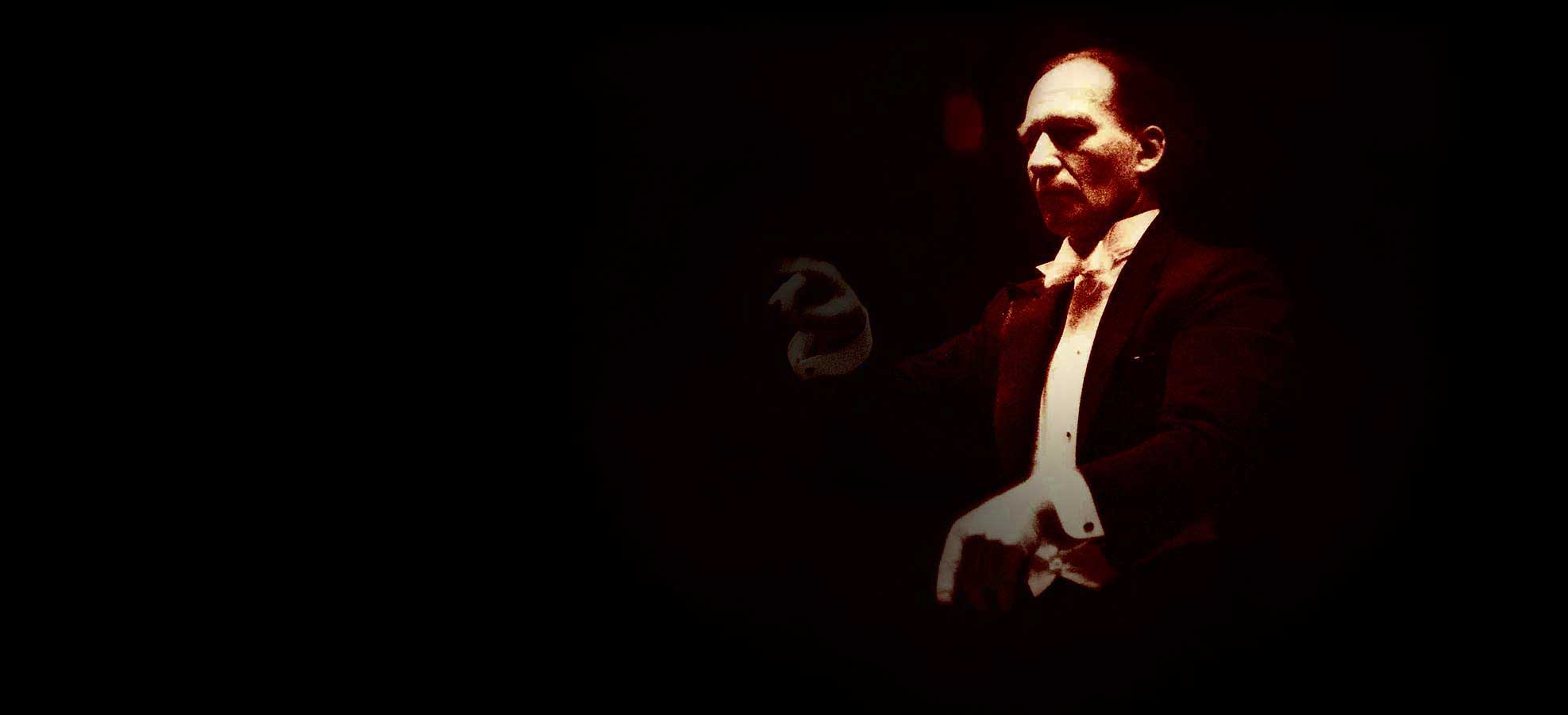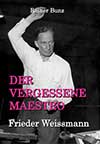Lauritz Melchior
“My memories of Melchior also take me back to the Royal Opera at Antwerp, where I conducted annual Wagnerian festivals. It was 1932, and Melchior had arrived with the earnest desire to sing Tannhauser, a role specified in his contract, but found himself instead cast as Lohengrin with Tiana Lemnitz as Elsa and Anna Konetzni as Ortrud (two beautiful voices). Although displeased at the change of roles, he should have been happy since he was a fine Lohengrin, but somehow subsequent events were to increase his annoyance. All went well in the performance until the Bridal Chamber Scene. Near the end, the singer cast as Telramund failed to make his appearance and Melchior was left fighting a duel wildly yet majestically with himself, while Lemnitz and I watched him with awe. I must say his off-scene battle was a most convincing impromptu affair.
“My memories of Richard Tauber are plentiful. This fine artist was as gifted an interpreter of Mozart’s Tamino and Don Ottavio as he was a singer of lieder and of light opera. It has always been the delight of many to cast aspersions on tenors. But I worked with many tenors and found few that were not as cooperative as any other artist. I made records with the noted Bayreuth tenors, Heinrich Knote, Gotthelf Pistor, Sigismund Pilinsky, and Walther Kirchhoff. The later sang at the metropolitan. Like Caruso, he was an expert caricaturist and he often made drawings of me conducting, all of the having a puddle of water surrounding my feet, the result of perspiration streaming from my face.
“I remember recordings I made with the noted Dalmatian tenor, Tino Pattiera, a singer with precious vocal material, but afflicted with asthma. He often sang his recordings on his knees instead of standing up, instisting that he could breathe more easily in that position. It created quite a bit of difficulty in the placement of the microphone, particularly in that lovely duet from Othello he made with Seinemeyer. Italy sent us two great tenors, who, of course, had to make specified recordings from Italian operas; these were Aureliano Pertile and Nino Pittaluga.
Bron: The American Record Guide, november/december 1946, Volume XIII









